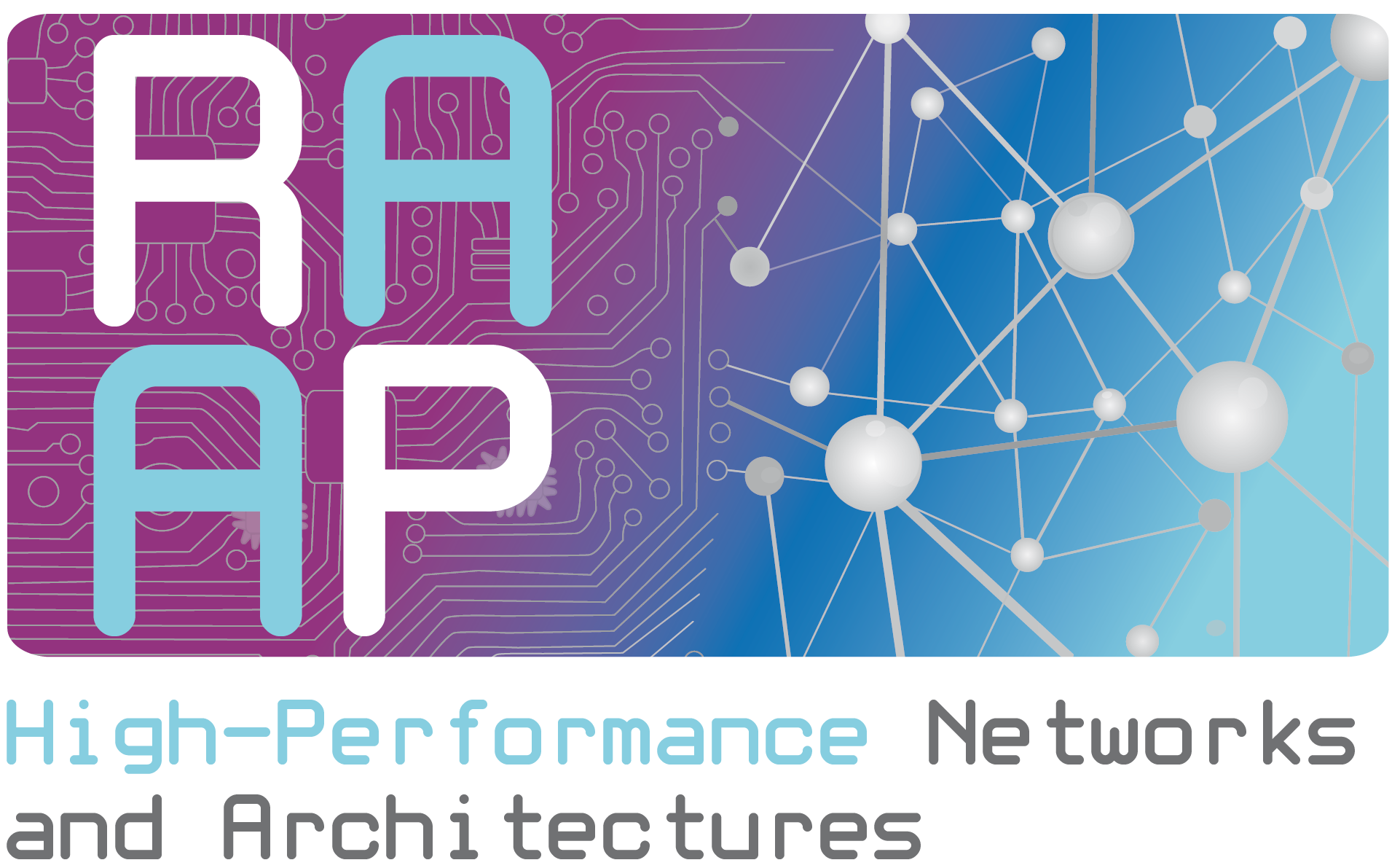Massive digital transformation encompasses the deployment of data acquisition, storage, and processing infrastructures to enable massive data capturing, deep neural network training and deployment, and other more traditional internet services. These services are usually provided by datacenters and other IT infrastructures. Regardless of whether these infrastructures are accessed as federated systems, swarm systems, or more traditional approaches, the above-mentioned services must feature ever improving functionalities and scale with the increasing number of users. These services, accessible through a variety of devices connected to the Internet (computers, mobile devices, IoT networks, autonomous systems, etc.), must be provided by a hierarchy of IT infrastructures in an environmentally friendly manner, also guaranteeing security.
Digital transformation introduces significant uncertainty regarding the amount and type of digital resources required by companies, thus leading to rely on cloud infrastructure (instead of on-premise) most of the times. This massive use of resources adds to the already existing demands. Therefore, although part of the computation is derived to peripheral servers (Edge Computing), only with huge and/or specialized clusters it is possible to meet the high number of requests and the volume of data that must be accessed and processed per second.
The global objective of the coordinated project is to develop innovative techniques for infrastructure, applications and services in Data Centers and Highly Distributed Systems.
The UCLM subproject will address part of this global objective at different scales focused on solving the current and future problems of the digital world mentioned above. These include tasks related to the improvement of the other subsystems that make up the IT infrastructures (Objective 2), improvement of distributed computing and communication infrastructure (Objective 3) and the development and improvement of HPC and DC applications and services (Objective 4).
Specifically, in relation to Objective 2, intra/inter-node communication of future IT infrastructures will be studied. These will require new approaches to topology, routing, QoS provisioning and congestion control techniques, while maintaining/reducing energy consumption. Regarding Objective 3, the consolidation of IoT implies new challenges in networking technologies and distributed computing paradigms (Fog and MEC) to reduce energy consumption and support scalable, secure, reliable and highly available services. In addition, research will be conducted on improving network reliability under high traffic loads and optimizing the allocation of shared resources in dynamic LPWAN networks, as well as modeling and optimizing hybrid MAC protocols under security principles.
Finally, Objective 4 will address strategic conflict management services for urban airspace with high computational requirements, new video coding approaches to reduce processing time and energy consumption based on deep learning and human perception, and the development of efficient parallel simulators of heterogeneous electronic systems interconnected to the power grid.
